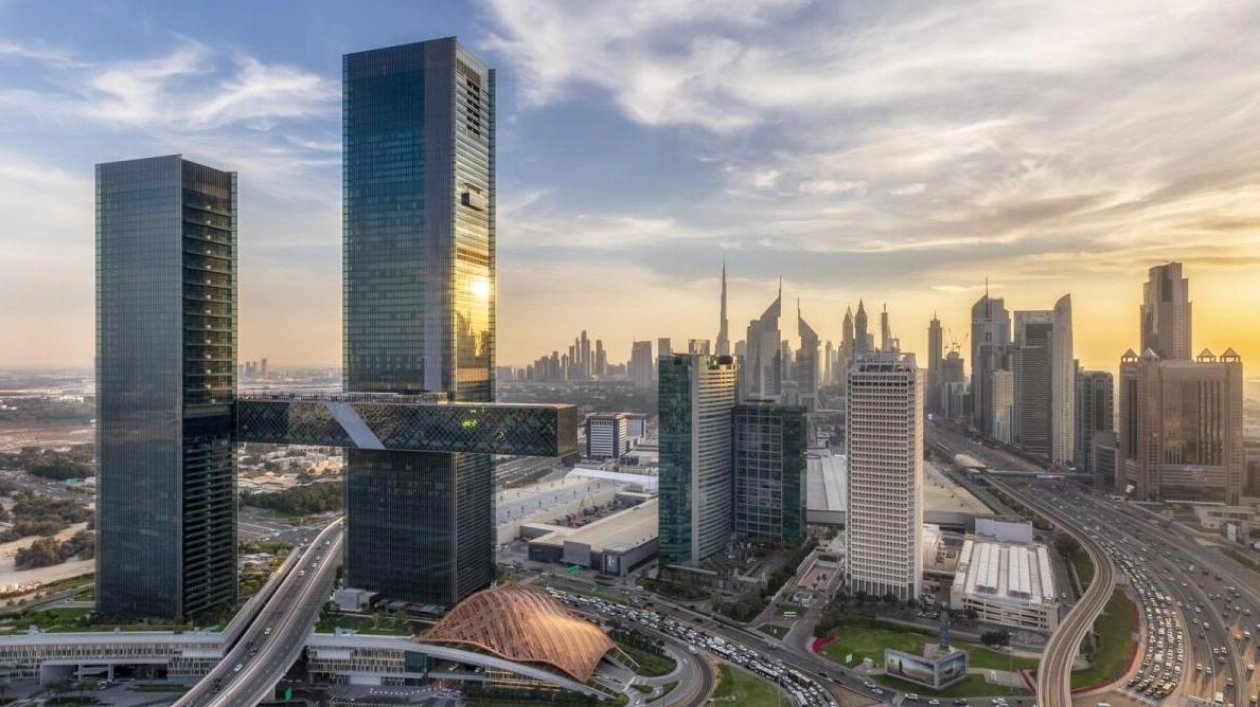By 2024, global business travel is projected to hit $1.48 trillion, with the Middle East experiencing an 11.2 percent growth rate, according to a recent study. The region exceeded its pre-pandemic business travel expenditure levels last year, reaching $17 billion, which has bolstered confidence in its future prospects. This research, conducted by Tumodo, an online business travel platform, and Admitad, a partnership marketing platform, highlights notable changes in business travel patterns across the Middle East and North Africa (Mena) for 2024. The study indicates that the average cost of airline tickets within the Mena region has risen to $205, largely due to seasonal price hikes. In contrast, economy class tickets from Mena to destinations in Europe, Asia, and America average $510, with business class fares on these routes reaching $2,084. The breakdown of ticket categories in business travel shows 88 percent for economy class, 10 percent for business class, and 2 percent for first class. Furthermore, a 17 percent rise in car rentals for business trips compared to 2023 reflects a growing demand for flexible transportation solutions.
Each sub-region exhibits distinct trends; for instance, in the UAE, business travel constitutes 14.5 percent of the total regional figure. This statistic highlights the substantial growth and changing landscape of the market, according to Vladimir Kokorin, founder of Tumodo. Anna Gidirim, CEO of Admitad, noted a significant increase in mobile sales, reaching 32 percent from 2022 to 2024, driven by enhanced user interfaces, transparent spending oversight, and the adoption of AI-driven technologies.
The study revealed that in the first quarter of 2024, targeted and contextual ads were the leading sources of bookings, accounting for 25 percent of sales, with content platforms contributing 22 percent. These statistics underscore the value of a multi-channel strategy for travel enterprises. In 2022, global business travel spending totaled $933 billion, with the Middle East and Africa (MEA) region representing $23 billion, or about 2.5 percent of the sector's overall spending. As business travel in the region progresses, the identified trends suggest a future characterized by greater digitalization, personalization, and flexibility.






